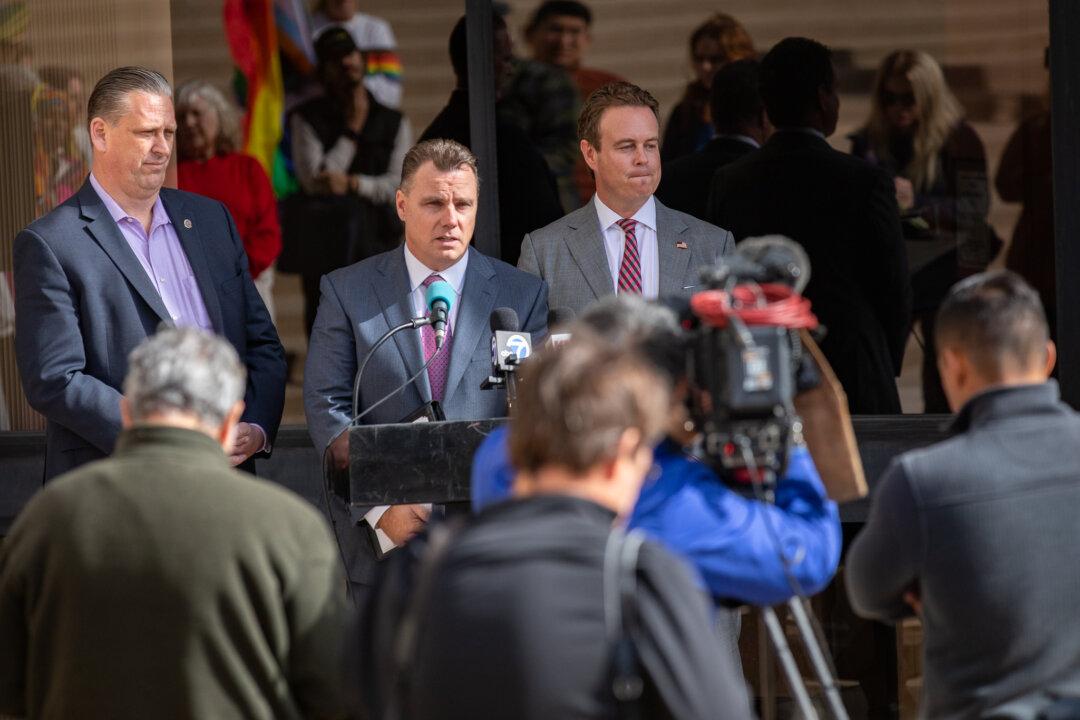After its lawsuit against California over the state’s mandated affordable housing plan was dismissed in federal court in November, Huntington Beach has filed an appeal of the decision, arguing the judge who ruled in their case misapplied the law.
According to the ruling, United States District Judge Fred W. Slaughter argued that the charter city—which sets its own law unlike “general law” cities which only operate under the laws of the state—is still a political subdivision of the state and therefore cannot challenge state law.





